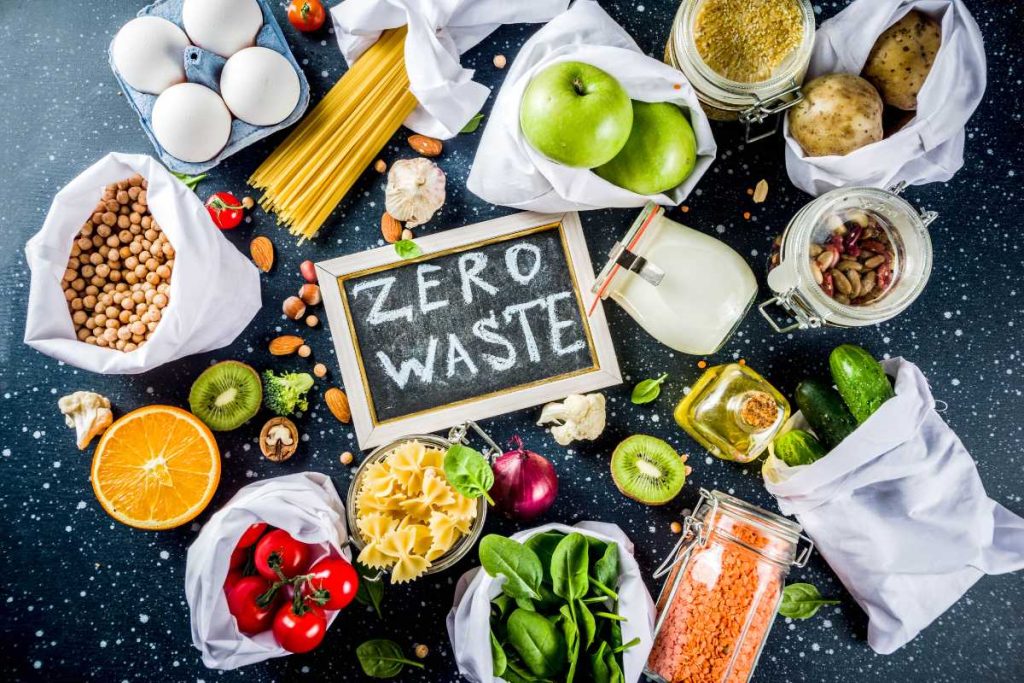Deadline: 12-Feb-25
The United Nations Human Settlements Programme (UN-Habitat) is accepting submissions for the Zero Waste Good Practices in Fashion and Textiles.
This sheds light on the environmental and social challenges posed by this sector’s linear business model and practices at large, which underpins overproduction and overconsumption as well as exemplifies the solutions that can be scaled up within and replicated to other sectors.
Accordingly, the Zero Waste Day is aimed at promoting responsible production and consumption patterns and encourages a shift towards a lifecycle approach. This ensures that no materials or resources go to waste, enabling society to recognize waste as a resource.
Guidance
- Who: Everyone who has a share-worthy good practice in the context of zero waste in the fashion and textile sector — whether a widely accepted approach or an innovative business model, method, process, or technique that demonstrates effectiveness and contributes to positive zero waste outcomes. Submissions must feature practices that have been in implementation for at least one year. If the practice has already concluded, it should have been completed as recently as 2024. Providing substantiated information will ensure the practices can be properly assessed.
- What: Good practices from the fashion and textile sector for consideration should showcase measurable impact, with quantifiable results in waste reduction and positive environmental and socio-economic outcomes. Emphasis on sustainability, accountability, replicability, scalability, innovation, inclusivity, and technology applicability is crucial. Geographical representation, inclusivity, resource efficiency, and adherence to circular economy principles are key factors, while practices should avoid promoting specific private companies and must adhere to social and environmental safeguards, minimizing negative impacts on stakeholders and the environment. Ideal good practices should encompass both upstream solutions, such as circular design and repair, and downstream solutions, like efficient recycling and waste management.
- Why: Sharing good zero waste practices in fashion and textiles helps engage society in global efforts while amplifying broader advocacy, awareness and action. By spotlighting successful initiatives, the aim is to inspire global action, fostering informed decision-making and encouraging a collective commitment to a zero-waste future. The engagement amplifies the impact of this movement, shaping eco-friendly landscapes and contributing to a more sustainable planet for all.
Selection Criteria
- Innovative, with measurable impact
- Potential to provide effective learnings on waste/resource management, resource efficiency and circular economy.
- Sustainability and Accountability
- Replicability and Scalability
- Technology Applicability
- Geographical Representation
- Inclusivity/Collaboration/Community Engagement
- Applicability of Social and Environmental Safeguard
Application Requirements
- They kindly request all applicants to submit a high-resolution photo (possibly with multiple frames), together with a caption of not more than 15 to 20 words along with a web link to the good practice. Optionally, participants may also submit a visually engaging poster (27 x 40 inches dimensions) that represents their good practice. Submitting a poster is highly encouraged, as posters of selected good practices are intended to be showcased at the Zero Waste Day event in Nairobi.
- Please note that the submitted photo and poster may be used by UN-Habitat and UNEP for exhibition purposes during the International Day of Zero Waste events. By submitting, you grant UN-Habitat and UNEP the rights to print and showcase the materials, ensuring proper acknowledgment and credit to the good practice submitter. Please include any necessary details for attribution, such as the name of the photographer or designer, to facilitate accurate credits.
For more information, visit UN-Habitat.
